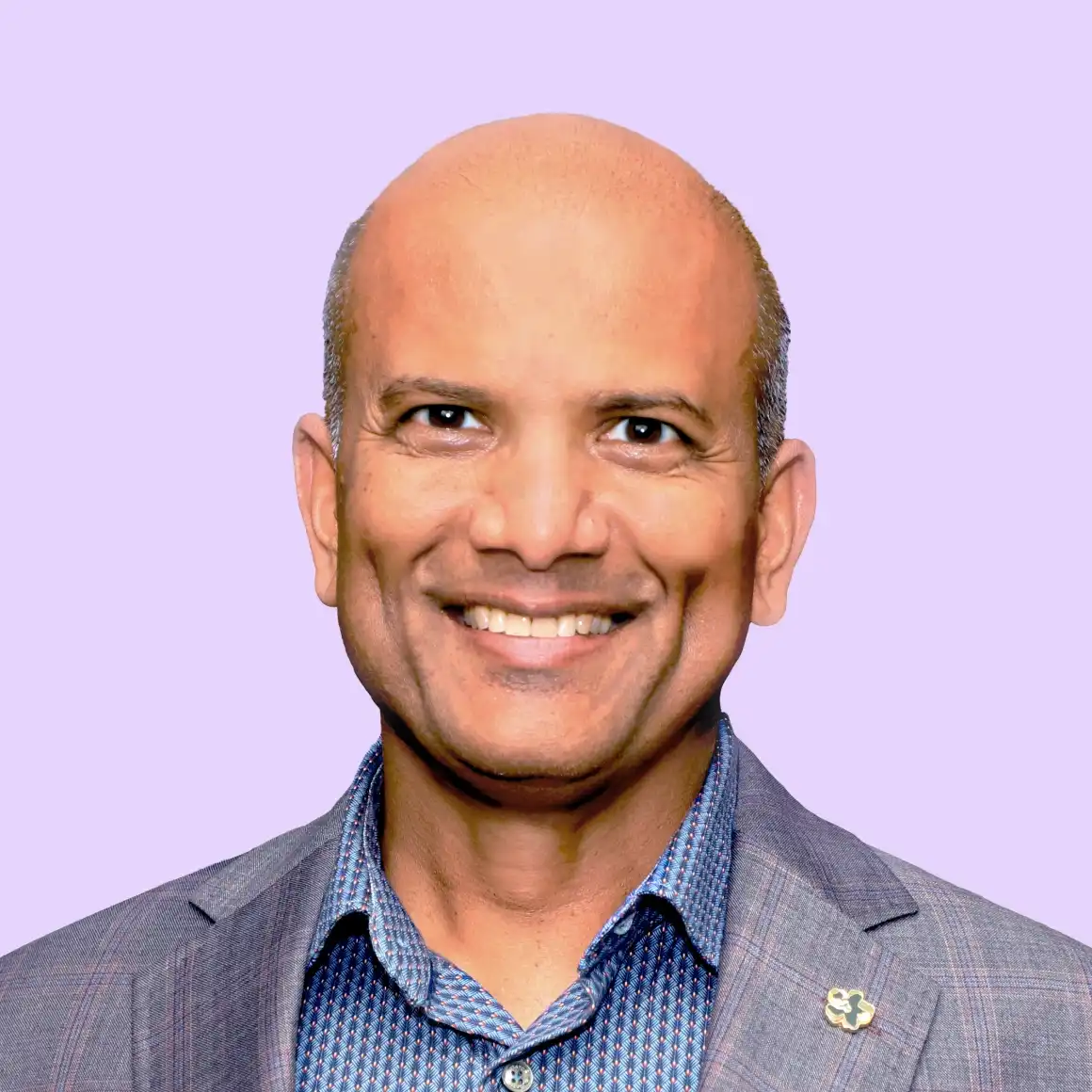How Self-Efficacy Affects Performance in the Workplace

By Shauna Geraghty
0 min read

Self-efficacy, or a person’s self-belief in his ability to perform specific tasks, has been correlated with workplace performance, burnout, the experience of stress and role adjustments. Given its influential role on performance, it is critical for managers to understand the role of self-efficacy in the workplace.
According to Stanford University psychologist Alfred Bandura, self-efficacy affects learning and performance in the workplace in five ways:
1. The Goals that Employees Choose for Themselves
Self-efficacy beliefs influence the choices individuals make, degree of challenge of their goals and their level of commitment to personal goals. Employees with low levels of self-efficacy will chose less challenging goals for themselves and vice versa.
2. Learning and Exerted effort
Employees learn, perform and exert effort at levels consistent with their self-efficacy beliefs. Employees with high self-efficacy will work hard to learn how to perform new tasks, because they are confident they will be successful.
3. Persistence in which People Attempt New and Difficult Tasks
Self-efficacy beliefs influence how long employees will persist when engaging with challenging tasks. Employees with high-self-efficacy will persist longer in the face of difficult tasks because they are more confident that they will learn and successfully execute the task.
4. How Resilient Employees Will Be in the Face of Adverse Situations
Self-efficacy beliefs influence how an employee will respond to disappointment. Individuals who have higher self-efficacy will recover faster from setbacks than those who don’t.
5. The Amount of Stress and Anxiety Individuals Experience When They Engage in a Task
Self-efficacious beliefs influence the physiological experience of stress. Individuals with lower levels of self-efficacy may experience a more intense physiological stress reaction in the face of challenges than those who have higher levels of self-efficacy. This in turn can affect their performance on the task and the degree to which they persevere in the face of the challenge.
Self-Efficacy and Approaches to Work Related Tasks
Self-efficacy influences how individuals will approach tasks and challenges in the workplace. Below are commonalities in the approach to work related tasks in employees with high vs. low self-efficacy beliefs.
Employees with high self-efficacy:
- View difficult tasks as challenges to be mastered
- Develop a strong connection and deeper interest with work-related tasks
- Set more challenging goals
- Are more committed to their work
- Sustain their efforts in the face of setback or failure
- Recover quickly from setbacks and disappointments
- Attribute setbacks to insufficient effort or knowledge (both of which can be acquired)
Employees with low self-efficacy:
- View difficult tasks as threats to be avoided
- Believe that more difficult tasks are beyond their capabilities
- Perseverate on failures and negative outcomes
- Quickly lose confidence in their abilities
Self-efficacy beliefs are the most central and pervasive influences on the choices employees make and goals they set for themselves [1]. Self-efficacy beliefs also strongly affect their approach to a task, motivation to engage in a task, the level of effort they exert, degree of persistence when facing a difficult task and their performance on the task. It is therefore critical that managers seek to enhance self-efficacy beliefs in employees in an effort to improve performance.
References:
[1] Bandura, Albert. “Self-efficacy mechanism in human agency.” American psychologist 37.2 (1982): 122.








